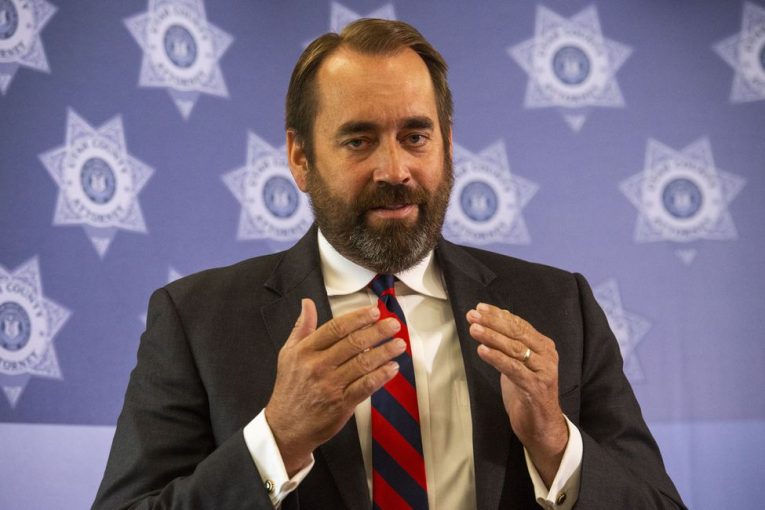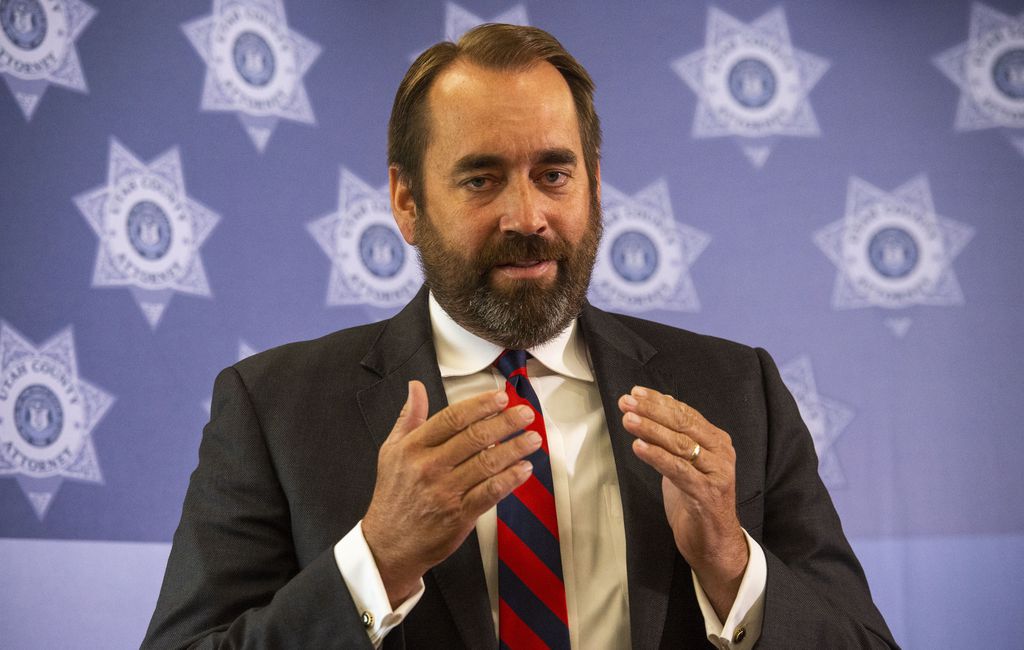

By Neha Malhi and Ana Arce
NEW YORK, NY – The discussion of criminal justice reforms mainly focuses on big cities but rural counties are the ones that have high incarceration rates, according to David O. Leavitt, Utah County’s Attorney and Allisa Marque Heydari, deputy director of the Institute for Innovation in Prosecution at John Jay College.
To cope with this situation, they announced the formation of a program where prosecutors from more than dozen different states will work together to bring reforms in the criminal justice system in smaller communities.
With the murder of George Floyd last year, the criminal justice has come under more scrutiny. However, even before this incident, there were many prosecutors around the country who were trying to bring reforms to the criminal justice system. The present-day criminal justice system relies heavily on incarceration and deeply harms marginalized communities.
When it to comes to prosecutorial reform, the main focus is always on the big cities, they said, noting that because big cities have millions of people living in them they receive more media coverage and can afford to  employ more resources that can effectively address the concerns of the public regarding safety and justice.
employ more resources that can effectively address the concerns of the public regarding safety and justice.
“To be clear, the efforts of many large city prosecutors are laudable—whether they are public safety by Declining to prosecute petty crime or restoring faith in our system by vacating wrongful convictions,” they added, noting the focus solely on a few handfuls of prosecutors excludes thousands of prosecutors’ conversations regarding justice, policing, and incarceration.
Many of the solutions offered by these big city prosecutors have little impact or simply do not work in smaller jurisdictions, Leavitt and Heydari said.
To tackle this situation, the Institute for Innovation in Prosecution, at John Jay College (IIP), is all set to launch a “Beyond Big Cities Program.”
With the support from Microsoft Criminal Justice Reform Initiative, this summer, the IIP is bringing together a group of elected prosecutors from dozens of different states as well as directly impacted people who have criminal defense experience.
The goal of this program is to “bring the prosecutors from smaller communities, even as small as 5,000 people, and have them built or reshape goals and policies in order to bring fairness to our justice system. Many are already on the path to change and are the first in their districts to establish drug treatment diversion programs, restorative justice initiatives, and mental health courts.”
Under this program, every month, members will exchange ideas to implement new policies regarding restorative justice, racial justice and diversions in smaller prosecutors’ offices, said Leavitt and Heydari.
To effectively implement this program, members will measure the changes that occurred in smaller communities after implementing new policies in smaller communities.
“Law enforcement legal scholars and leaders in criminal justice reform will offer their unique perspectives to help guide the discussions and compile documents of best practices so that smaller offices have a blueprint for concrete reform-minded initiatives,” Leavitt and Heydari added.
Leavitt and Heydari emphasized the importance of consistency and commitment to change within all cities when it comes to the criminal justice system.
They noted that over the last 10 years urban jail populations have shrunk but rural and small or midsize counties rural and small or midsize counties make up 45 percent of the U.S. population – yet those counties account for 51 percent of nationwide arrests and 57 percent of jail admissions.
Leavitt and Heydari suggest that by providing sustainability, resources, new policies will provide the new initiatives needed to join the national change needed within the criminal justice system, “whether they serve 500 or 5 million people.”

